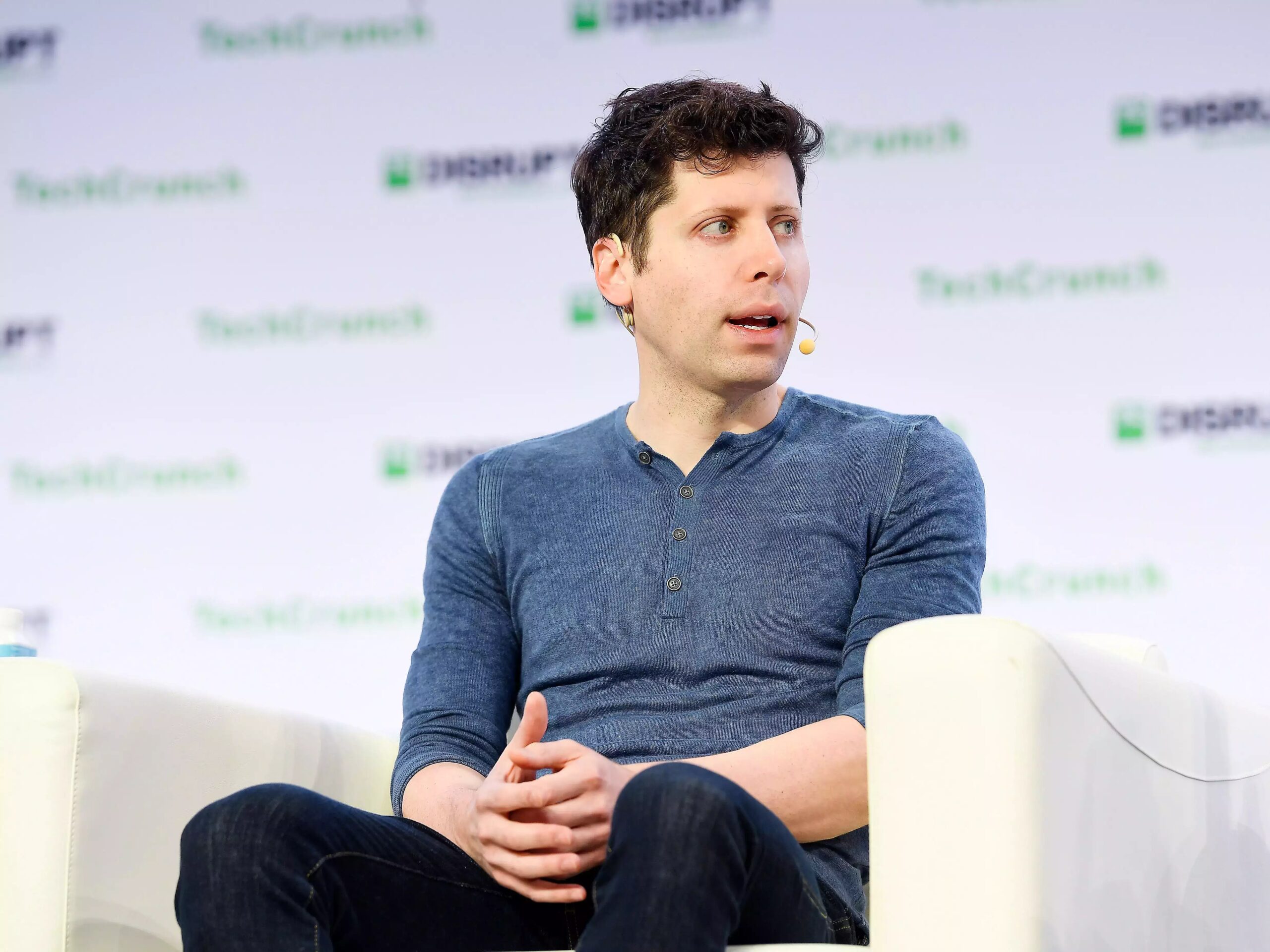[ad_1]

- OpenAI is floating a paid version of its product, prompting questions about future access.
- Its CEO Sam Altman had indicated the day was coming, saying they’d have to “monetize it somehow.”
As OpenAI moves toward charging for more sophisticated versions of its popular ChatGPT bot, users may wonder how much longer they can count on it staying free.
The company, which recently disclosed Microsoft’s multi-billion dollar investment in its technology, has floated plans for a subscription option called “ChatGPT Professional,” which would offer better access at a cost.
While OpenAI is taking feedback from prospective customers about what they think the AI bot’s offerings are worth to them, some users are seeing a $42 monthly option, The Verge reported this month.
OpenAI’s CEO Sam Altman had indicated that such an option could be in the works when he tweeted back in December that “we will have to monetize it somehow at some point; the compute costs are eye-watering.”
The evolution toward paid versions is a common framework for newer technologies, where companies may release free or low cost versions to entice users and to gauge adoption.
For instance, the model of online storage service Dropbox, which offers paid plans and a free version, might provide a sense of how companies like OpenAI may think about their own products, marketing experts said.
“The rationale is they have to make these things attractive to change consumer behavior,” said Jonathan Zhang, associate professor of marketing at Colorado State University. “As these things become more a part of the habit, those types of strong discounts tend to disappear.”
A representative for OpenAI did not respond to Insider’s request for comment ahead of publication.
Microsoft’s investment in OpenAI could also help develop more extensive and specialized versions of ChatGPT that could help the startup come up with tiered options.
It’s likely, for instance, that OpenAI maintains a more bare-bones free version of ChatGPT, where access could be restricted due to demand, and users potentially have to wait in queues, said Vivek Astvansh, an assistant professor of marketing at the Kelley School of business at Indiana University.
It can also consider paid versions on top of that for individuals or companies, and maybe even figure out ways to determine pricing based on the type and amount of content a user wants ChatGPT to produce, and how much they’d be willing to pay for it, he said.
Keeping a version of ChatGPT free will still help the company develop its technology, Astvansh said.
“A free version will help gather data on how people are asking questions, and help it improve other versions of GPT,” he said.
As computing power and other infrastructure required to support these types of generative AI products improves, the buzz around AI is drawing companies to the space. But how the investment will turn profitable is still a work in progress, according to Nick Washburn, an investor at Intel Capital.
“If anyone tells you what the business models are going to be behind this stuff, they’re making it up,” he said. “It’s being figured out in real time.”
[ad_2]
Source link
